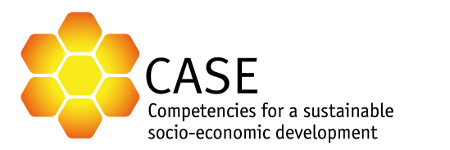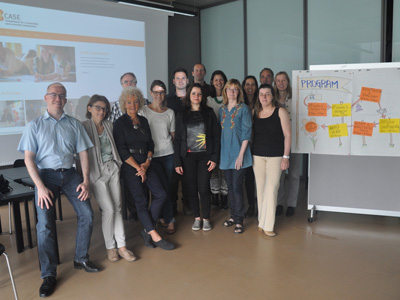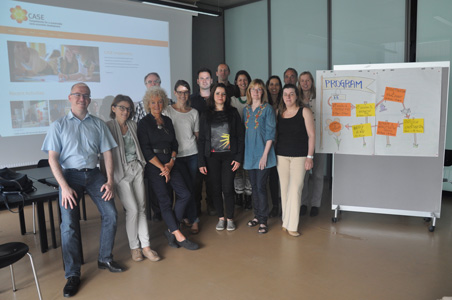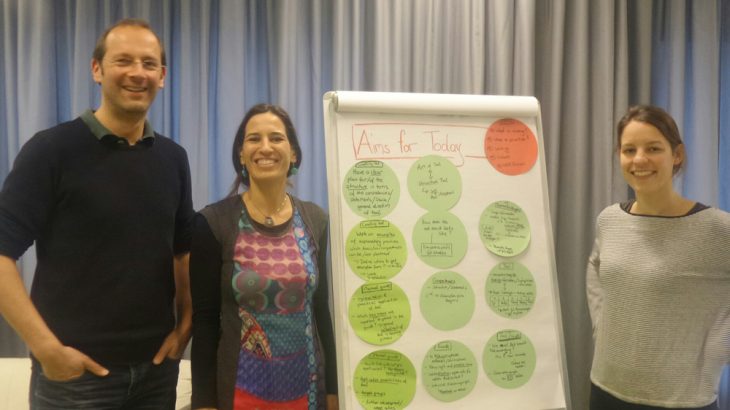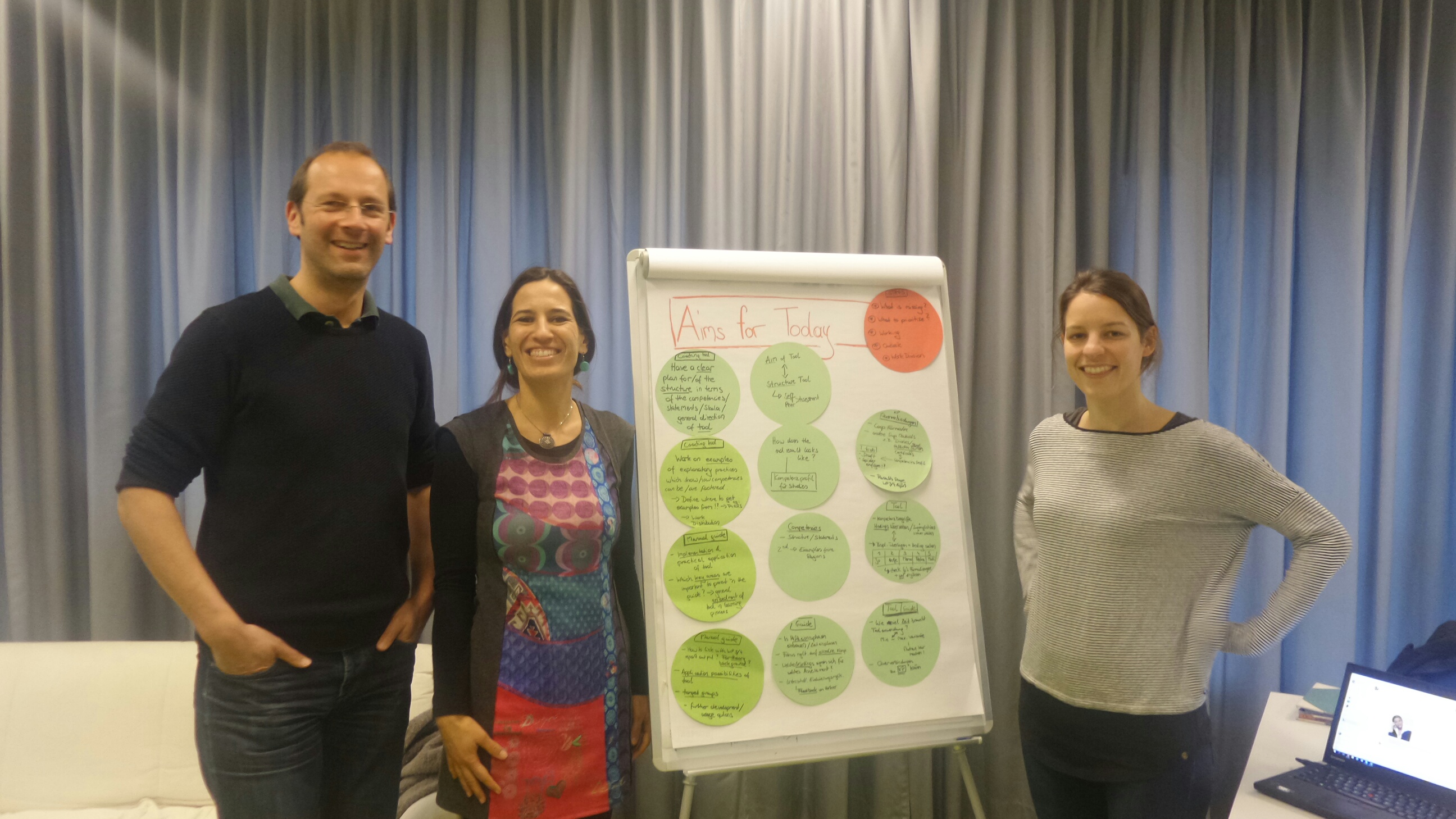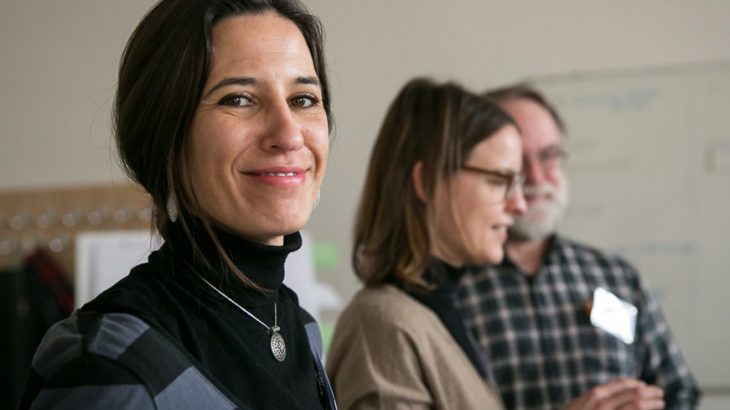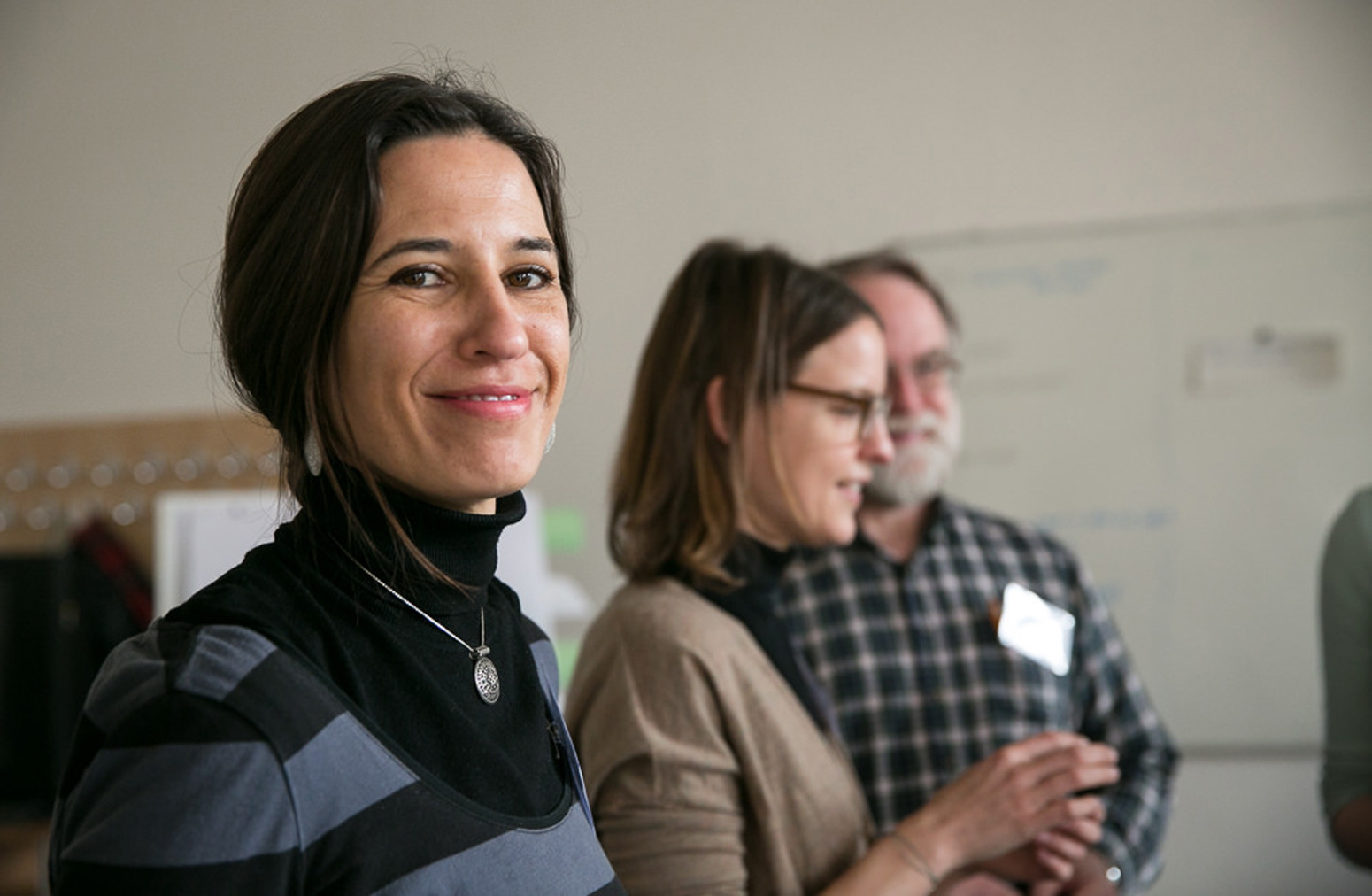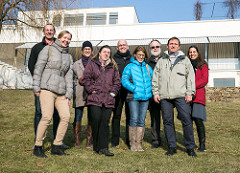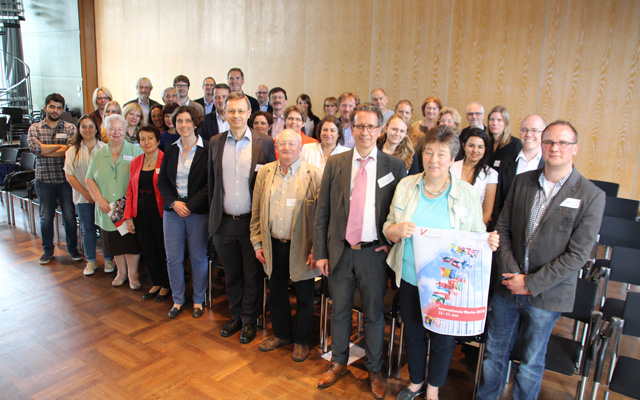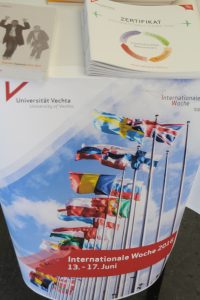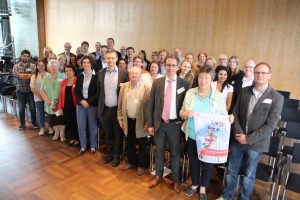From the 18th to the 20th May 2017 the Faculty of Education, Free University of Bolzano welcomed the CASE team in the picturesque city of Brixen for an internal project workshop. In the beginning of the workshop, the CASE team welcomed the new project manager Josef Sedlak. During the first day, the CASE team concentrated on the Knowledge Platform and the two tools, which have been developed over the last months, the Sustainability Performance Tool as well as the Competence tool.
In the afternoon, Nihal Yildirim, the EACEA project officer from Brussel, joint the workshop and sustained our ideas and further developments of the project in a very constructive and supportive way.
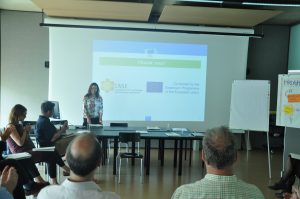
Nihal Yildirim, EACEA project officer presenting at the CASE meeting
In the evening, local actors and sustainability-driven entrepreneurs from the region joint the meeting. There has been a fruitful exchange of experiences and challenges in acting as sustainability-driven entrepreneurs. A great opportunity for the CASE team was then to present the two CASE tools to the participants, who have been invited to test them and to give feedback for improvements.
The second day focused on the Knowledge Platform and on the next steps within the CASE project. On Saturday, we finished the CASE workshop with some team building exercises high up in the mountains of South Tyrol.
